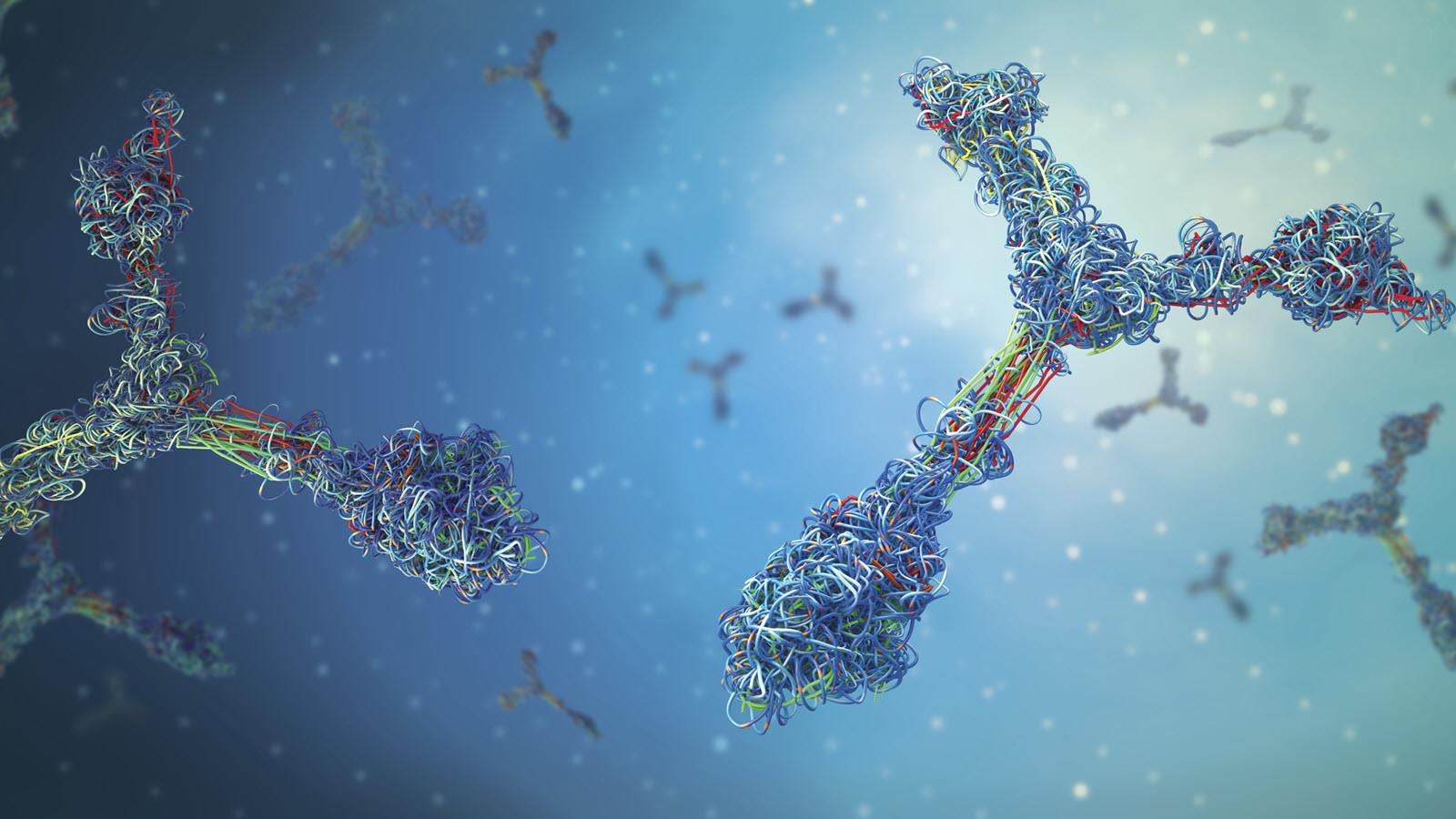COVID-19 made antibodies a hot topic. Did people infected with COVID-19 have antibodies to the virus? And did people who received a vaccine make antibodies that could protect them from serious symptoms?
Having antibodies to SARS-CoV-2, the virus that causes COVID-19, was an important piece of the puzzle. It’s the same scientific reasoning behind other vaccines, such as those given in childhood to prevent measles or polio. The vaccine introduces a dead or weakened portion of the germ – enough to prompt the body’s immune response and the creation of antibodies – without giving the person the disease itself.
Understanding Antibodies
Want to know why antibodies are so important to the immune system? Here are three fact facts about antibodies:
- What are antibodies? Antibodies, also known as immunoglobulin, are Y-shaped molecules that enable your body to “remember” a bacteria or virus and disarm it before it can make you sick. Antibodies attach themselves to the invading germ and prevent it from getting into your cells.
- Are there different types of antibodies? There are several types of antibodies: IgG, IgA, IgM, IgD and IgE. (Ig means “immunoglobulin.”) Each class has a different structure and a slightly different function.
- Are antibodies part of the innate or adaptive immune system? Antibodies are part of the adaptive immune system, but they're not the whole story. The adaptive immune system also includes T cells and B cells. Research into COVID-19 has shown that T cells appear to play an important role because of their ability to mount a defense against virus variants.
Learn more about T cells in this explainer article.



